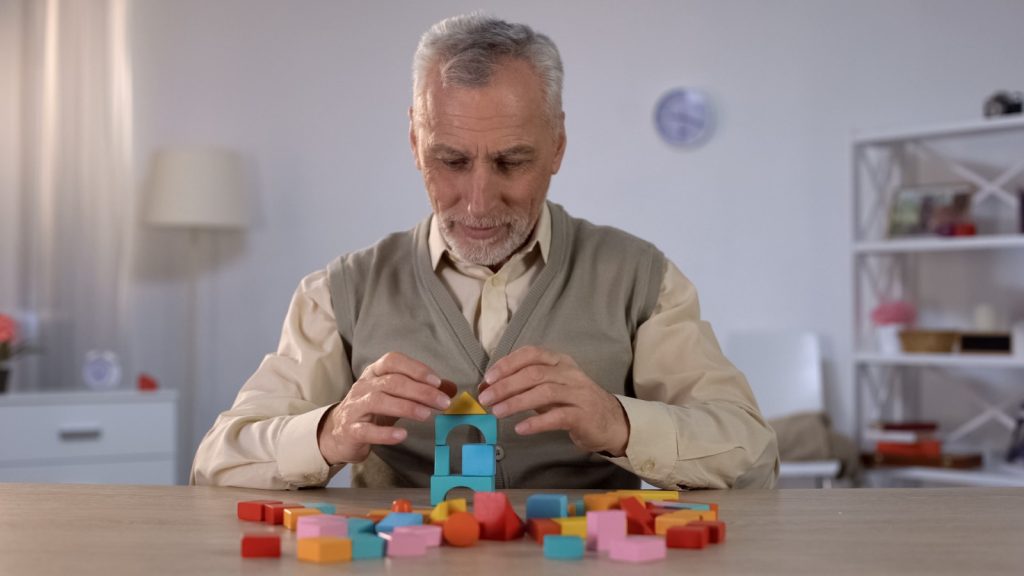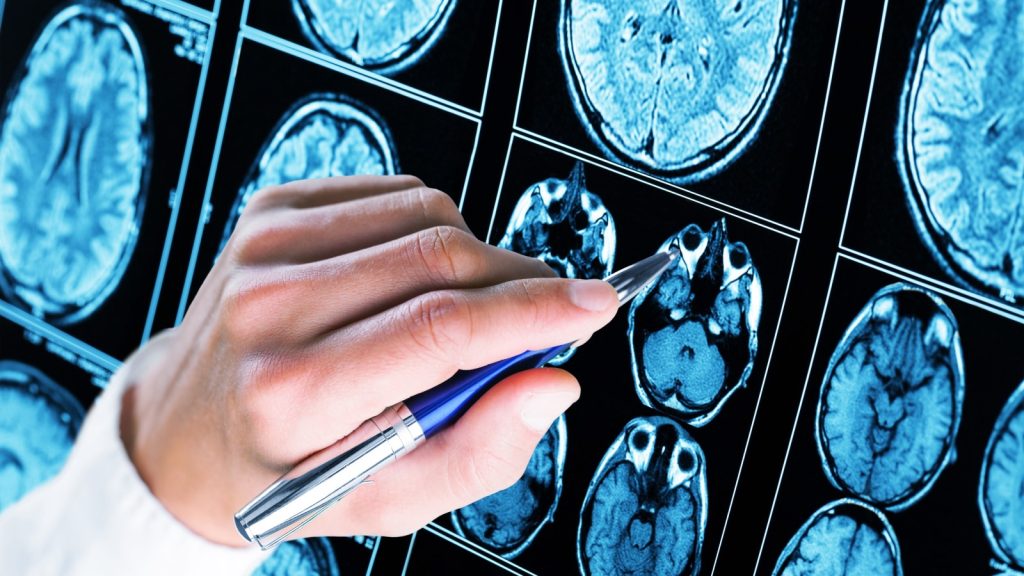We all know exercise is good for our bodies, but what about our brains? As it turns out, physical activity can work wonders for our grey matter, too. When you lace up your trainers and get moving, your brain undergoes a series of fascinating changes. These transformations range from improved mood to enhanced memory and even the growth of new brain cells. Understanding these mental benefits might just give you the extra motivation you need to make exercise a regular part of your routine. So, the next time you’re huffing and puffing through a workout, remember that you’re not just building muscle – you’re also giving your brain a serious boost.
Your Brain Grows New Cells

Believe it or not, exercise can actually help your brain produce new neurons. This process, called neurogenesis, primarily occurs in the hippocampus, the part of your brain involved in learning and memory. Regular physical activity increases the production of a protein called BDNF (Brain-Derived Neurotrophic Factor), which acts like fertiliser for your brain cells. This boost in brain cell growth can lead to improved cognitive function and a reduced risk of age-related mental decline.
Your Mood Improves

Ever heard of the “runner’s high”? It’s not just a myth. When you exercise, your brain releases a cocktail of feel-good chemicals, including endorphins, serotonin, and dopamine. These neurotransmitters help reduce stress, alleviate anxiety, and boost your overall mood. Even a short burst of activity, like a brisk 10-minute walk, can trigger this positive chemical response in your brain.
Your Memory Sharpens

Regular exercise can give your memory a significant boost. Physical activity increases blood flow to your brain, particularly to the hippocampus, which is crucial for memory formation. Studies have shown that people who exercise regularly have larger hippocampi and perform better on memory tests. So, if you’re struggling to remember where you left your keys, a workout might be just what you need.
Your Focus Improves

If you find your mind wandering during important tasks, exercise might be the solution. Physical activity increases the production of norepinephrine, a chemical that plays a crucial role in brain alertness and attention. Regular exercise has been shown to improve concentration and mental focus, both during the activity and for hours afterwards. It’s like giving your brain a natural cup of coffee, minus the jitters.
Your Brain Ages More Slowly

Exercise is like a fountain of youth for your brain. Regular physical activity has been shown to slow down the natural shrinkage of the brain that occurs as we age. It helps maintain the volume of crucial areas like the hippocampus and prefrontal cortex, which are important for memory and decision-making. By keeping your body active, you’re also keeping your brain young and resilient.
Your Creativity Gets a Boost

Stuck on a problem? A bit of exercise might help you think outside the box. Physical activity, especially aerobic exercise, has been shown to enhance divergent thinking – the type of thinking associated with creativity. The increased blood flow and the release of brain-boosting chemicals during exercise can help spark new ideas and connections. So, the next time you’re facing a creative block, try going for a jog or a swim.
Your Brain Becomes More Plastic

Neuroplasticity is your brain’s ability to form new neural connections and adapt to new situations. Exercise enhances this plasticity, making your brain more flexible and adaptable. This increased plasticity can help you learn new skills more quickly, recover faster from brain injuries, and even help rewire negative thought patterns. It’s like giving your brain a regular stretching session, keeping it limber and ready for new challenges.
Your Stress Levels Decrease

Exercise is a powerful stress-buster, and it’s all thanks to your brain. Physical activity reduces the production of stress hormones like cortisol and adrenaline. At the same time, it increases the production of endorphins, which act as natural painkillers and mood elevators. This dual action helps your brain better manage stress, leaving you feeling calmer and more relaxed after a good workout.
Your Sleep Improves

Regular exercise can help regulate your sleep-wake cycle, leading to better quality sleep. Physical activity increases the production of adenosine, a chemical that makes you feel sleepy. It also helps regulate your body temperature, which is crucial for good sleep. Better sleep, in turn, allows your brain to properly rest and consolidate memories, leading to improved cognitive function during waking hours.
Your Brain’s Volume Increases

It might sound strange, but exercise can actually make your brain bigger. Studies have shown that regular aerobic exercise is associated with an increase in the volume of certain brain regions, particularly those involved in memory and thinking skills. This increased brain volume is linked to better cognitive performance and a reduced risk of dementia. It’s like giving your brain a workout, helping it bulk up in all the right places.
Your Decision-Making Improves

Exercise can make you better at making decisions. Physical activity increases blood flow to the prefrontal cortex, the area of the brain responsible for executive functions like decision-making and impulse control. Regular exercise has been shown to improve these functions, helping you make better choices and resist unhealthy temptations. So, a workout might help you stick to your diet or make smarter financial decisions.
Your Brain Becomes More Resilient

Exercise acts as a buffer against brain damage and degeneration. Regular physical activity increases the production of protective compounds in the brain, such as antioxidants and growth factors. These compounds help your brain cells resist damage from stress, toxins, and inflammation. This increased resilience can help protect against neurodegenerative diseases and age-related cognitive decline.
Your Attention Span Lengthens

If you struggle with a short attention span, exercise might be the answer. Physical activity has been shown to improve sustained attention and reduce symptoms of attention deficit disorders. The increased production of neurotransmitters like dopamine and norepinephrine during exercise helps regulate attention and focus. Even a single bout of exercise can lead to immediate improvements in attention and concentration.
Your Brain’s Processing Speed Increases

Exercise can make your brain work faster and more efficiently. Regular physical activity has been shown to improve cognitive processing speed, allowing you to think and react more quickly. This improvement is particularly noticeable in tasks requiring quick decision-making or rapid information processing. It’s like upgrading your brain’s processor, allowing it to handle more complex tasks with greater ease.
Your Mental Health Improves

Last but certainly not least, exercise is a powerful tool for improving overall mental health. Regular physical activity has been shown to reduce symptoms of depression and anxiety, boost self-esteem, and improve overall psychological well-being. The combination of increased feel-good chemicals, improved sleep, reduced stress, and the sense of accomplishment from regular exercise all contribute to a healthier, happier mind.
Katy Willis is a writer, master herbalist, master gardener, and certified canine nutritionist who has been writing since 2002. She’s finds joy in learning new and interesting things, and finds history, science, and nature endlessly fascinating.

